Ukraine has won the information war over Russia but that could prove a problem
Russia has found itself defeated on the information front, for once. But tales of heroic Ukrainians shared online could result in pushing an unrealistic assessment of the ground war, writes Ahmed Aboudouh

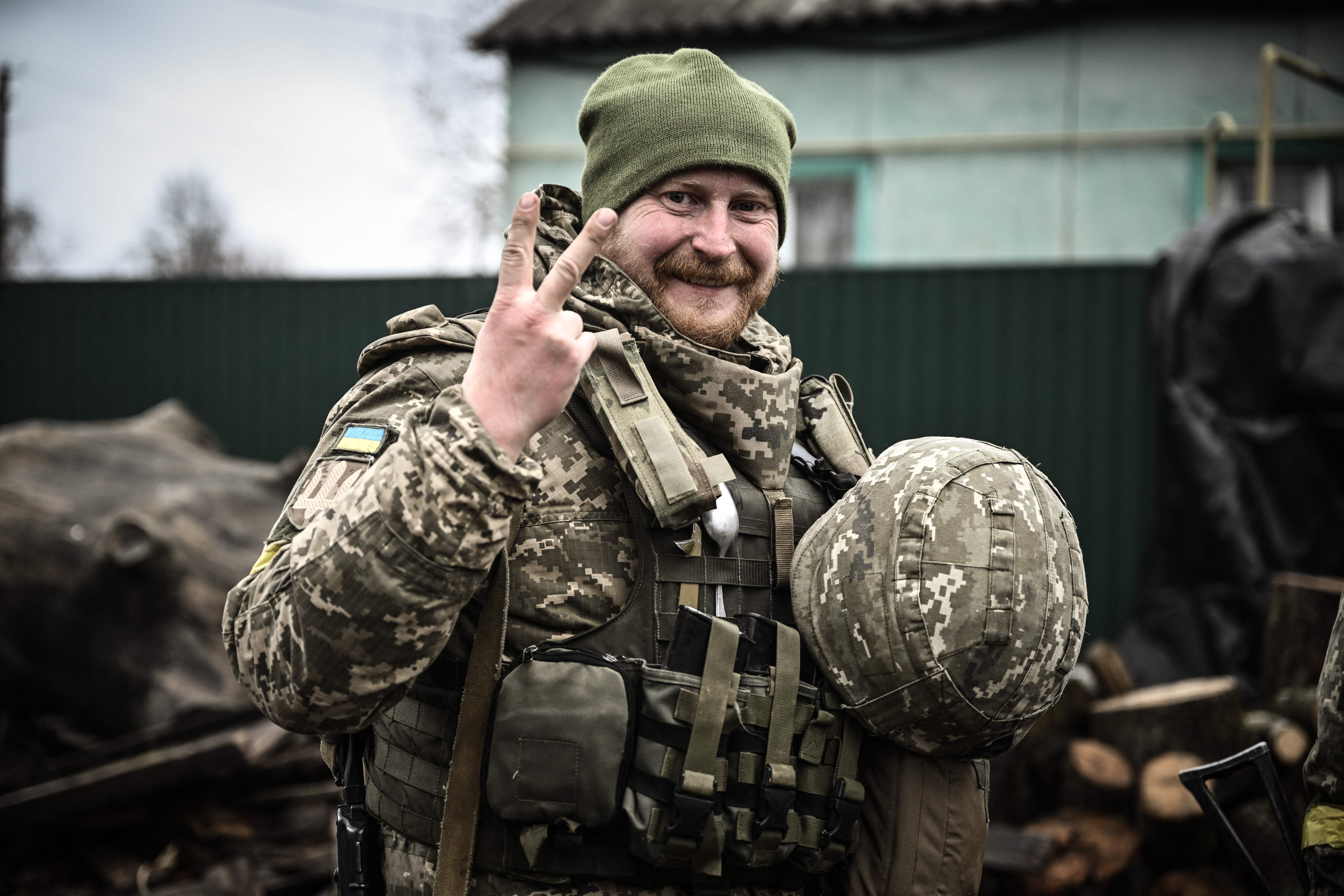
Ukrainians and their western allies have given a masterclass, since the beginning of the Russian invasion, on how to shape information warfare. But the Ukrainian charm offensive, which has attracted broad admiration across the world, could cloud what is actually happening on the frontline.
Ukraine’s information strategy shows they, and their western allies, have learned a lesson or two about Russia’s deft use of misinformation and how to defuse it.
Debunking the Russian narrative, disseminating stories of Ukrainian heroism, civilian sacrifice, and a skilful messaging campaign around President Volodymyr Zelensky’s appeal, have all been crucial in commanding the narrative around the war so far.
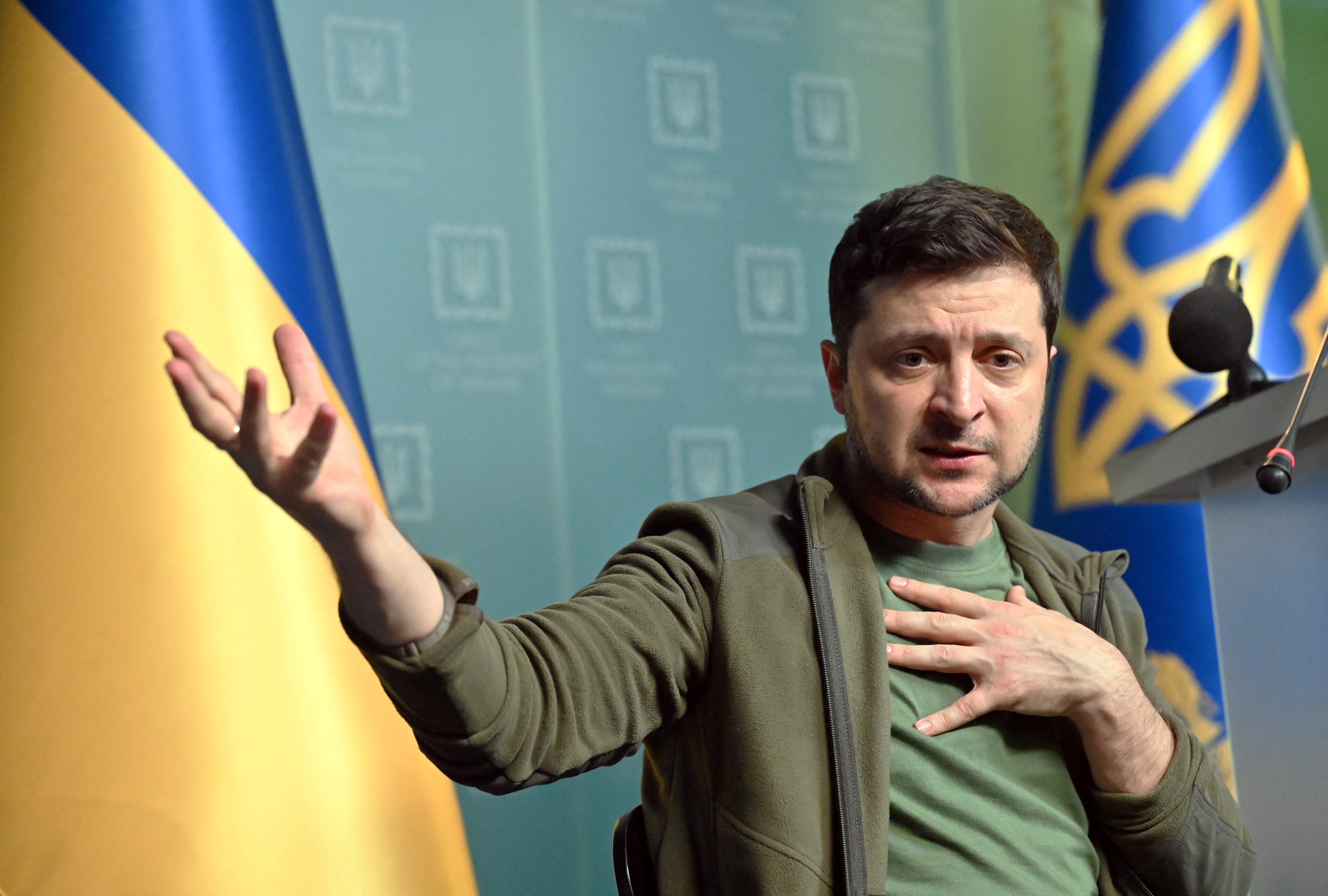
“Ukraine has promoted a clear and consistent narrative of legitimate struggle against an oppressor,” Jill Goldenziel, a security consultant and professor at Marine Corps University, told The Independent.
Ms Goldenziel, speaking in her personal capacity, suggested that “videos of President Zelensky rallying his troops and Ukrainian soldiers on Snake Island profanely telling off a Russian warship in the face of attack have gone viral and captivated the west”.
Amplifying results of military resistance and enemy losses, humanising the Ukrainian side with photos of pets with their owners, people massed in bunkers, and subtle mockery of the invader have all been the equivalent of information weapons of mass destruction.
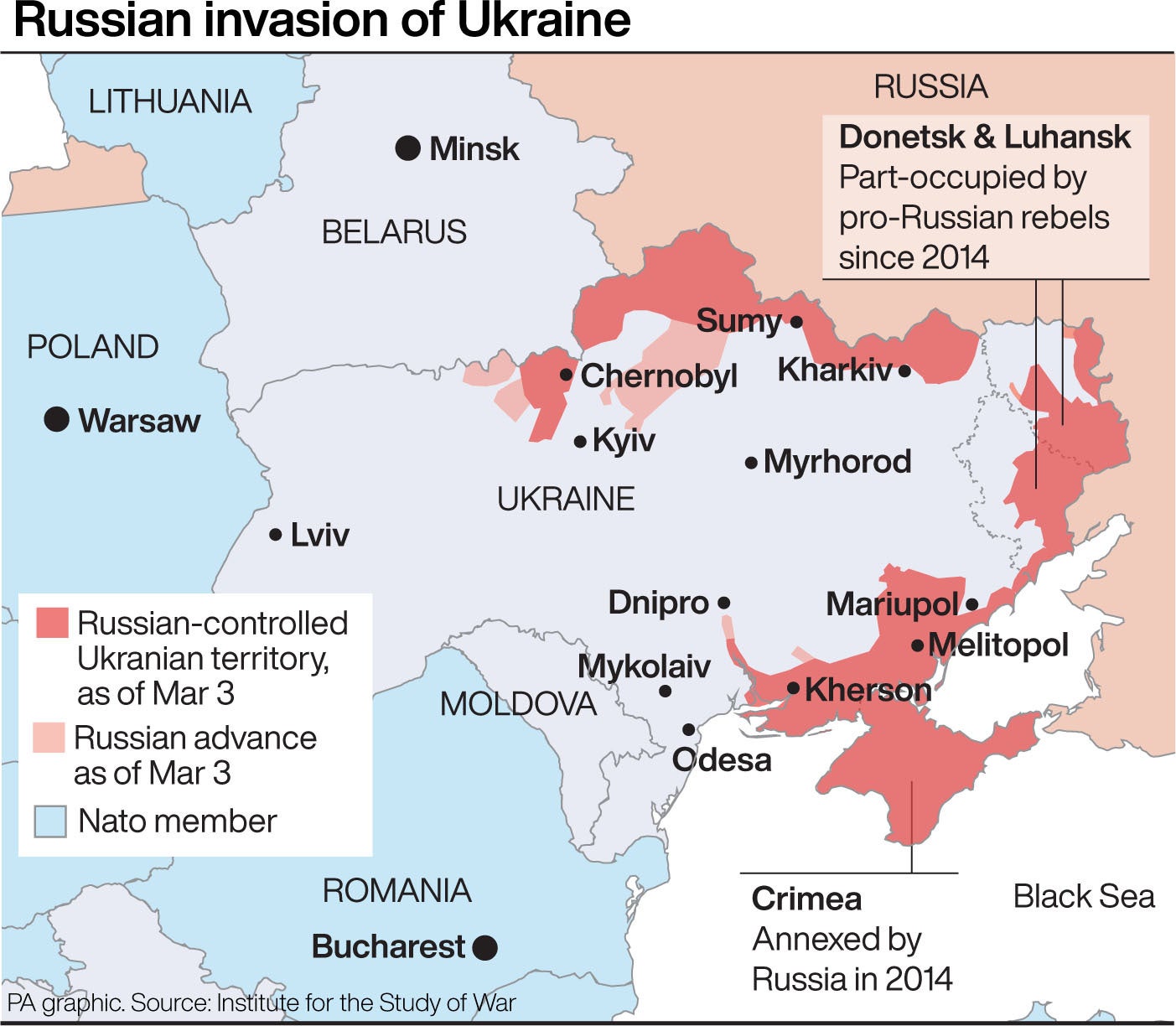
It has helped raise morale inside Ukraine, and played well in the west. And Ukrainian humour has certainly grabbed the attention of many around the world. For instance, a video showing a Ukrainian driver offering an armoured vehicle crew a tow back to Russia after it had run out of fuel, was one of several that went viral on social media.
“Ukraine has also successfully messaged the legality and legitimacy of its cause, publicising potential war crimes and accusing Russia of genocide,” Ms Goldenziel said.
To be able to pull off such an enterprise, there needs to be a process of pre-planning at the strategic level instead of reliance on personal whim, which is where US president Joe Biden’s administration seems to have acted.
Since the Russian military build-up outset, Mr Biden’s aides have resorted to the tactic of deluging the information space to deprive the Kremlin of the room to deploy their narrative. Filling the information vacuum stripped Mr Putin’s government of its most effective weapon: disinformation.
Russia claims, without evidence, that it was acting to end the “systematic extermination of the Donbas population” ongoing since the 2014 annexation of Crimea. Russia’s foreign ministry sought to spread claims that it was fighting “neo-Nazis” and seeking the “denazification” of Ukraine, whose president is Jewish.
In a recent statement, Maria Zakharova, Russia’s Foreign Ministry spokesperson, absurdly charged that “Russia did not start a war, it is ending it”.
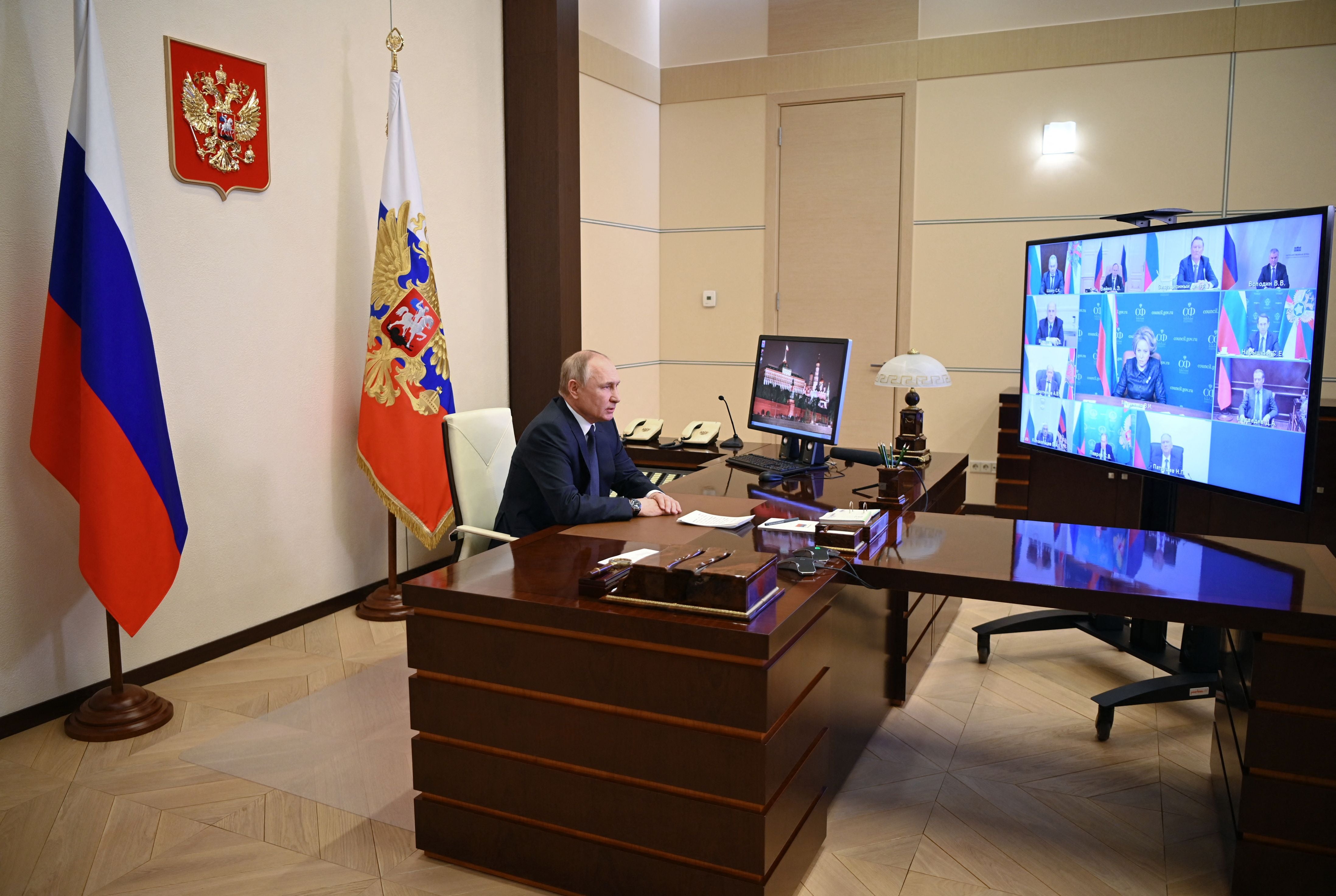
The US administration has flooded the media with detailed intelligence information about the Russian moves, Mr Putin’s plans about a total invasion of Ukraine and warnings to European allies. Although it didn’t deter Mr Putin from invading, this tactic helped thwart some of Russia’s plots, rebuffed the Kremlin’s claims and neutralised its attack’s surprise element.
The Kremlin’s disinformation was further blunted after giant tech companies’ decisions, such as Google and YouTube, to clip Russian state-sponsored media RT and Sputnik’s wings and remove them from their platforms.
“Ukrainians have ‘succeeded’ in the information war versus Russia because they are pushing on an open door. Every government in the west and every media outlet so far as I can tell is essentially recycling and amplifying Ukrainian narratives,” David Betz, professor of war at King’s College London, told The Independent.
The Independent has set up a petition calling on the UK government to be at the forefront of the international community offering aid and support to those in Ukraine. To sign the petition click here.
The Independent is also raising money for the people of Ukraine – if you would like to donate then please click here for our GoFundMe page.
The war in the internet sphere was backed by reports of fierce resistance on the ground, which made it take effect, despite caveats and the need to verify – or even rebuff – some of the Ukrainian propaganda claims.
“Of course, none of this matters without ground truth being on your side. Zelensky is truly a remarkable leader. The Ukrainian resistance has shocked and inspired the world. The information war doesn’t matter if the kinetic war is lost. And they haven’t lost yet,” said Laura Edelson, a researcher at New York University’s Tandon School of Engineering, on Twitter.,
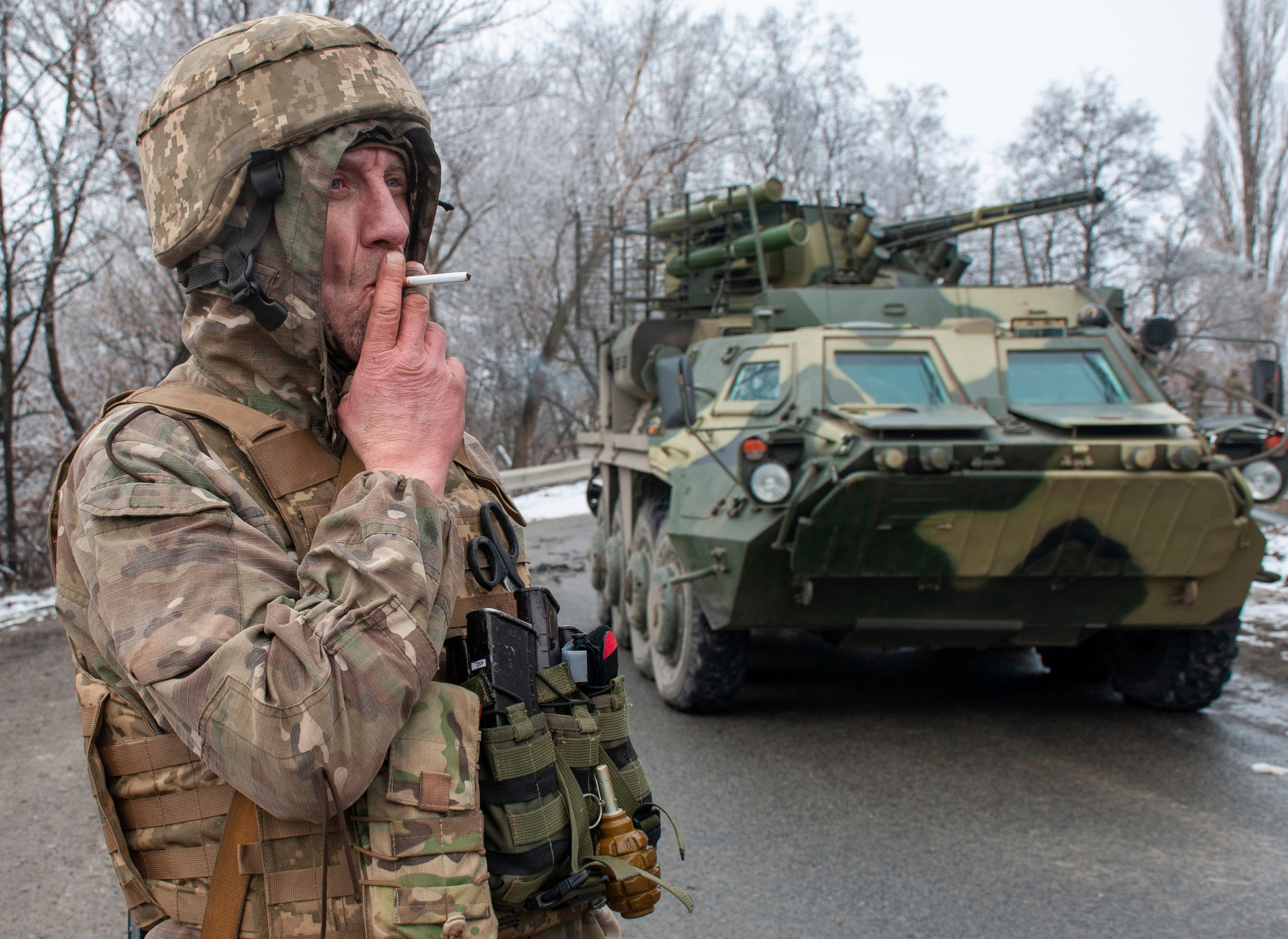
But, the effectiveness of the Ukrainian information warfare tactics could ultimately amount to the west shooting itself in the foot.
Critics suggest the heroic resistance that would probably stall Russian advance for weeks, or perhaps months to come, could unwittingly inject the west with a false certainty about a possible Ukrainian victory.
I can’t stop thinking that the west is luring itself into a false sense of optimism because of Ukraine’s heroic defiance
In the end, Ukrainians could win the war. But the flipside of an effective propaganda campaign, experts warn, is mixing facts with amplified assumptions and propping up a false sense of optimism over the outcome of the war.
“I can’t stop thinking that the west is luring itself into a false sense of optimism because of Ukraine’s heroic defiance, which could inadvertently prolong this conflict through false hope for an impossible scenario,” Rita Konaev, a specialist in military AI and urban warfare, said on Twitter.
Shaping the narrative is crucial in winning the information war. But real military victory is achieved on the ground. Propaganda should not confuse this assessment.
The Independent has a proud history of campaigning for the rights of the most vulnerable, and we first ran our Refugees Welcome campaign during the war in Syria in 2015. Now, as we renew our campaign and launch this petition in the wake of the unfolding Ukrainian crisis, we are calling on the government to go further and faster to ensure help is delivered. To find out more about our Refugees Welcome campaign, click here.






Join our commenting forum
Join thought-provoking conversations, follow other Independent readers and see their replies
Comments